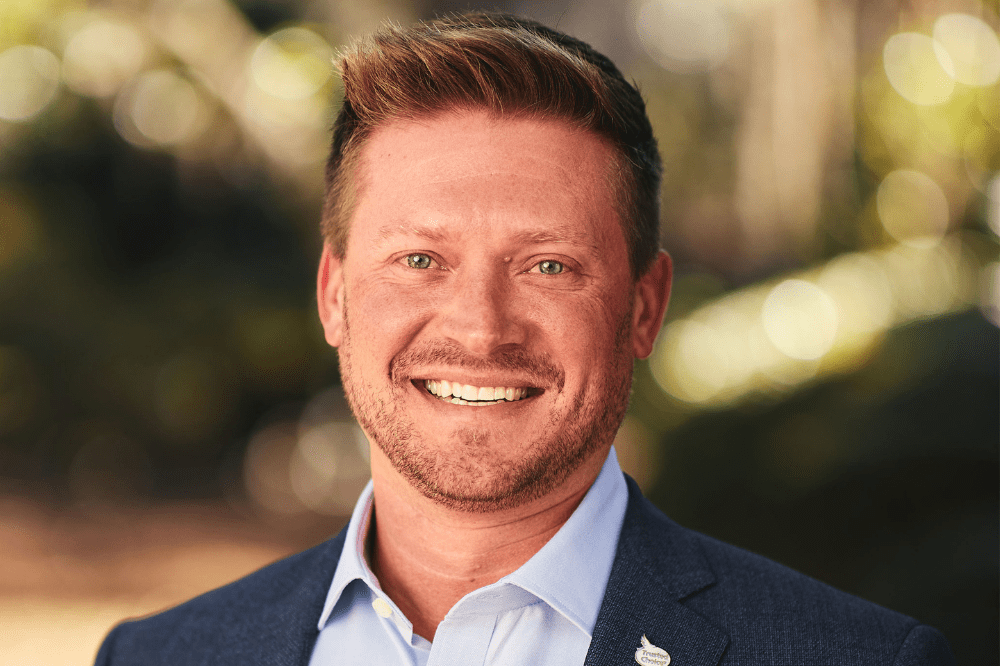Florida property prognosis "better" but challenges remain

The Florida legislature gathered for a special session – “I can’t recall the last time we had a special session specifically on insurance,” Ulrich said – last week, seeking to address Florida’s property insurance crisis amid fears that domestic carriers would be unable to procure reinsurance.
Two bills were passed into law, creating a $2 billion reinsurance fund and a $150 million pot for retrofitting homes.
The bills also prevent insurers from denying coverage to people with roofs that are over 15-years-old and aims to limit the fees attorneys can charge in certain circumstances. Further, a heightened condominium safety regime was brought in, a reaction to the June 2021 Surfside condo collapse that killed 98 people.
The reforms “probably constitutes the largest, most meaningful package of tort reform that the legislature has passed in my time here,” said Ulrich.
Five Florida property insurers have fallen into liquidation since the start of last year, according to the office of Florida chief financial officer Jimmy Patronis.
Meanwhile policyholders have faced spiralling rates, or have been unable to acquire cover, representatives said, as the bill worked its way through the legislature.
More than 875,000 policies were in force with Citizens, meant to be Florida’s property insurer of last resort, as of last week.
Florida’s exposure to catastrophe risk, namely hurricanes, has pushed pricing and capacity issues in the market, at times causing upward pressure on rates and resulting in “scarcity” of cover, Ulrich said.
However, the litigious environment in the state is massively to blame for the issues now being faced, carriers have said. Roofing claims have morphed into a particular insurance industry bugbear.
Ulrich said: “What we have seen here in Florida, at least in probably the last 12 to 15 years, has really been less about cat risk, and more about the extraordinarily litigious environment in which we operate.”
Despite accounting for 8% of claims, Florida accounts for 76% of litigation across the US, according to National Association of Insurance Commissioners figures.
The legislature’s closure of loopholes around sinkholes and assignment of benefits over the past decade has driven an increase in solicitation of homeowners to bring first party claims, according to Ulrich.
Bad actor attorneys have moved from one tactic to another in a bid to “mine lawsuits”, Ulrich said, and last year’s attempt by the legislature to close in on first party litigation has yet to pay dividends.
However, between last year’s changes and last week’s legislation, which effectively ends assignment of benefits, Ulrich said he is feeling more optimistic about the future of the Floridian property market.
“For the first time since I’ve been at the association, the legislature really addressed some of the underlying litigation issues that exist here in Florida, and have really tackled some of the incentives that are built in for attorneys and other third parties to file lawsuits against insurance companies,” Ulrich said.
“Between what passed last week, and what passed in 2021, the long-term prognosis for the industry is probably much better than it has been. But in the short term, we still have some challenges.”
Ulrich said “a handful of companies, and all likelihood they’re the worst performing companies in the market” may still face rating action if they fail to arrange reinsurance cover, but current reports have suggested that the situation will not be as dire as it could have been.
As for next steps, Ulrich said: “If those things that passed last week and last year don’t show a significant impact on the number of lawsuits being filed, the legislature will have no choice but to come back and make additional changes to first party lawsuits.”





